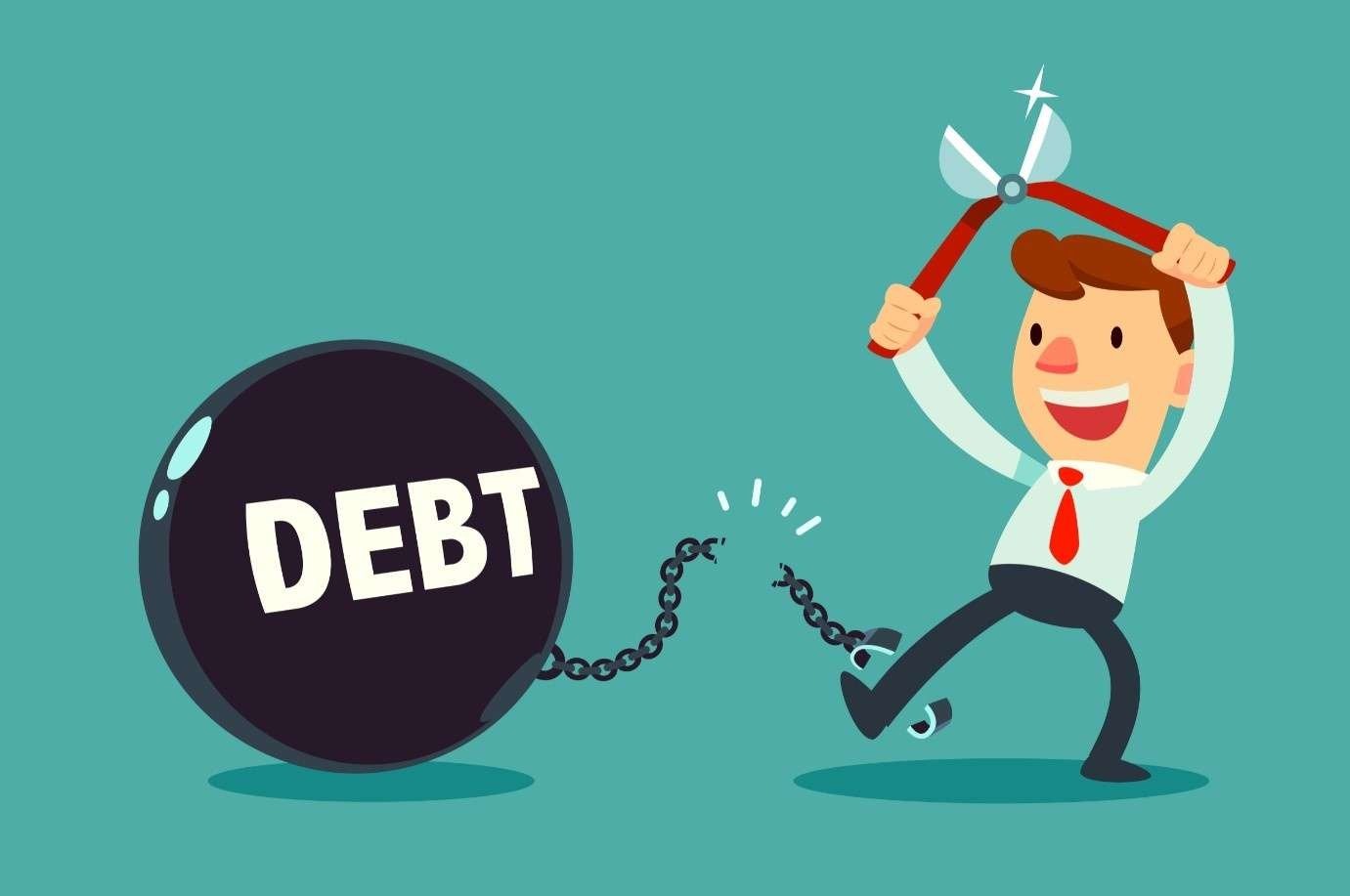Debt Management: Strategies for Regaining Financial Control

Managing debt is one of the most crucial aspects of personal finance. In today’s fast-paced financial world, it’s easy to accumulate debt through credit cards, student loans, mortgages, and personal loans. While taking on debt isn’t inherently bad, mismanaging it can lead to long-term financial struggles. Effective debt management empowers individuals to regain control over their finances, reduce financial stress, and work toward financial independence.
Understanding the Nature of Debt
Debt comes in various forms, each with its own terms, interest rates, and repayment structures. Secured debts, like mortgages and auto loans, are backed by collateral, while unsecured debts, such as credit card balances and personal loans, are not. Understanding the difference between good debt and bad debt is fundamental. Good debt is typically associated with investments that generate future income, like education or property, while bad debt involves high-interest borrowing for depreciating assets or unnecessary spending.
The Importance of a Debt Management Plan
A debt management plan (DMP) provides a structured approach to paying off debts efficiently. It begins with a comprehensive assessment of one’s financial situation, including income, expenses, and outstanding debts. Once this is clear, individuals can prioritize debts based on interest rates and payment terms. High-interest debts, like credit card balances, often take precedence since they accumulate more costs over time. A well-crafted DMP can help individuals avoid late fees, reduce interest rates through negotiations, and simplify payments into a single monthly installment.
Budgeting: The Foundation of Debt Management
Creating and sticking to a budget is essential for successful debt management. A detailed budget tracks all sources of income and categorizes expenses, helping to identify areas where spending can be reduced. This freed-up money can then be directed toward debt payments. Many people find that cutting discretionary spending, such as dining out or subscription services, allows them to allocate more funds toward paying down their debts faster.
Debt Consolidation as a Solution
For individuals juggling multiple debts, debt consolidation can be a useful strategy. This involves combining several debts into one loan with a lower interest rate or more favorable repayment terms. Debt consolidation simplifies monthly payments and may reduce the total interest paid over the life of the loan. However, it’s important to carefully evaluate the terms and ensure that consolidation doesn’t lead to a longer repayment period or higher overall costs.
The Role of Credit Counseling Services
Professional credit counseling agencies can provide valuable assistance to those overwhelmed by debt. These nonprofit organizations offer financial education, budgeting assistance, and help in creating personalized debt management plans. They can also negotiate with creditors on behalf of the debtor to secure lower interest rates or waive certain fees. Working with a reputable credit counselor can provide both practical solutions and emotional support during challenging financial times.
Avoiding Common Debt Management Pitfalls
Many people fall into traps that can hinder their debt repayment efforts. Continuously accruing new debt while trying to pay off existing balances can counteract progress. It’s also important to avoid making only minimum payments, as this can extend the repayment period significantly and increase the total interest paid. Additionally, individuals should be wary of debt relief scams promising quick fixes without clear, realistic plans.
Building Healthy Financial Habits
Once debt is under control, maintaining good financial habits ensures long-term stability. Establishing an emergency fund can prevent the need to rely on credit during unexpected expenses. Regularly reviewing one’s budget, living within means, and using credit responsibly are critical practices. Over time, these habits not only help keep debt levels manageable but also contribute to building a strong credit score, which is essential for future borrowing needs.
Conclusion
Debt management requires discipline, planning, and commitment. While the process can be challenging, the benefits of becoming debt-free are immense, including reduced financial stress, improved creditworthiness, and greater financial freedom. By understanding the nature of debt, creating a realistic repayment plan, and adopting healthy financial habits, individuals can take control of their financial future and achieve lasting stability.
